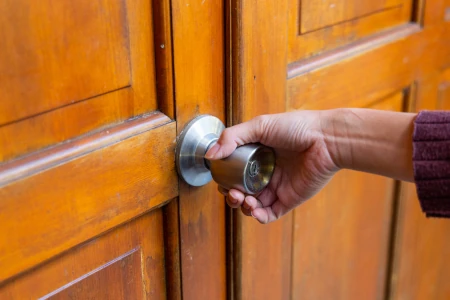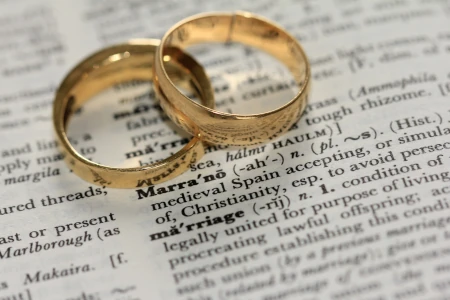Divorce can be a difficult and emotional process, especially when infidelity is involved. If you or your spouse have had an extramarital affair, you might wonder, “Can you still get alimony if you cheat on your spouse?” Let us take you through the topic of alimony in North Carolina.
What Is Alimony?
Alimony, also known as spousal support, is money one spouse pays the other during or after a divorce. It helps the spouse with less income maintain a similar lifestyle to what they had during the marriage. In North Carolina, judges look at various factors when deciding on alimony, such as the length of the marriage, each spouse’s financial situation, and their ability to earn money.
Adultery and Divorce in North Carolina
North Carolina is a “no-fault” divorce state, meaning you cannot file for divorce based on adultery. To get a divorce in North Carolina, you and your spouse must live separately for at least one year, and one of you must have been a North Carolina resident for six months or more.
How Does Cheating Affect Alimony?
Even though you cannot use adultery as a reason for divorce, it can significantly impact alimony. Here’s how:
- Dependent Spouse Cheated: If you are the spouse asking for alimony and you cheated, North Carolina law usually bars you from receiving alimony.
- Supporting Spouse Cheated: If your spouse, who would be paying alimony, cheated, the judge may award alimony to you.
Are There Exceptions to the Rule
There are some exceptions and special situations where adultery might not affect alimony:
- Forgiveness (Condonation): If your spouse knew about the cheating, forgave you, and continued living with you, the cheating might not prevent you from getting alimony.
- Both Cheated (Recrimination): If both you and your spouse cheated, the judge will look at all circumstances before deciding on alimony.
Cheating and Other Divorce Issues
Can cheating affect any other divorce-related issues?:
- Child Custody and Support: Adultery generally does not affect child support. Child custody decisions are based on what is best for the child. Cheating might only matter if it affects the child’s well-being.
- Property Division: North Carolina is an Equitable Distribution state, meaning property is divided fairly but not always equally. If a cheating spouse used marital assets for their affair, this could impact the division of property.
Why You Need a Lawyer
Cheating can significantly impact alimony in North Carolina. If you cheated, you might not get alimony. If your spouse cheated, you might be more likely to receive it. However, each situation is unique. If you’re going through a divorce and concerned about alimony and cheating, talking to an experienced Charlotte family law attorney at Stallard & Bellof can help you navigate these challenges.
Final Thoughts
Because the rules about alimony and cheating are complex, getting advice from a family law attorney is important. At Stallard & Bellof, we know North Carolina’s alimony laws well and can help you understand your rights and options.

Krista Stallard
Krista Stallard is an experienced family law attorney specializing in divorce and custody cases, passionate about alternative dispute resolution, and committed to providing excellent legal representation to her clients.
If you have questions about alimony and adultery or need legal advice regarding your divorce, contact Stallard & Bellof today. We’re here to help you navigate these challenges and protect your interests. Schedule a consultation with us now to get started on the path to resolution.














